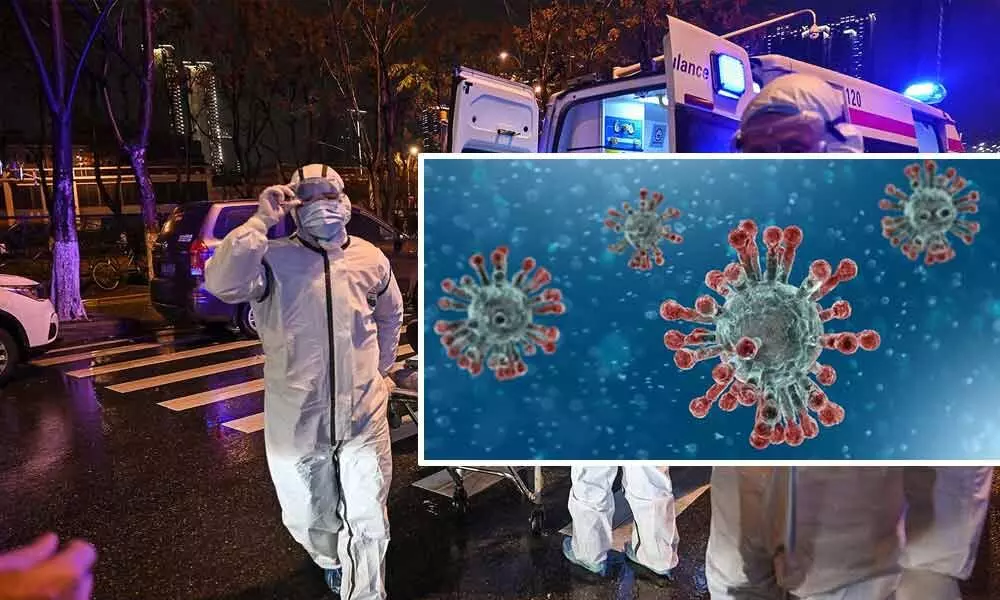The difference between social distancing, self-isolating, and quarantining during the coronavirus outbreak

The pandemic outbreak of Covid 19 several confusion is been created by a citizen about social distancing, quarantining, and self-isolation. As these three words have a different meaning.
The pandemic outbreak of Covid 19 several confusion is been created by a citizen about social distancing, quarantining, and self-isolation. As these three words have a different meaning.
What is Social Distancing?
In the case of coronavirus social distancing is a choice and often includes taking further precautions when interacting with individuals. That means limiting physical contact, opting for a wave instead of a handshake, and maintain 6 to 7 feet distance while talking to anyone. This means not standing too close to the other person in line at the grocery store and avoiding crowds.
For instance: As many IT companies have asked their employees to work from home or many movie theatres and stadiums shut down to reduce the temptation of public gatherings and support the practice of social distancing.
Social distancing can include the following:
- · To reduce social interactions as much as possible
- · Stop going to concerts, sports events and religious occasions
- · Canceling all group gatherings
- · Prefer working from home
- · Ensuring 6-feet gap when going out to buy groceries or for a walk
- · Opt namaste instead of a handshake
What is Quarantine
As quarantine is more crucial than social-distancing. Quarantine is for people who diagnose with Covid-19 positive and they need to be kept strictly away from the public.
As doctors are advising people who are suspected of Coronavirus should quarantine themselves for at least for 14 days.
As Covid-19 symptoms take time to appear, people need to make sure they are totally separate from others
The quarantine can include the following:
- · Stay strictly at home unless there is a medical emergency
- · Strictly keep away from public spaces and public transport
- · Daily monitor the symptoms such as shortness of breath, fever and cough
- · Wash your hands with soap and water regularly
- · Regularly clean your home
- · Quarantine measures can be enforced by the government, so people don't have a choice in the matter as with social distancing.
What is isolation
Isolation is usually advised for those who are diagnosed positively for Coronavirus. If someone is in isolation, it usually means he/she is in the medical centre.
Isolation can include the following:
- · Living in a separate area or medical centre
- · Wearing a face mask around others
- · Not contacting anyone physically
- · Getting all necessities delivered
- · Use separate utensils from others
- · Have all surroundings regularly cleaned
- · Cleaning hands with soap and water often
Everyone who shows coronavirus symptoms - a fever of above 37.8C, a persistent cough or breathing problem - and everyone who lives in the same house or flat as someone with symptoms.
Why isolation is important?
- · If you have symptoms of coronavirus then stay at home for seven days from the day symptoms start
- · If you are living with other members then the entire household needs to isolate for 14 days to monitor for signs of Covid-19
Note
Social distancing is a measure that needs to be taken up by each and everyone in the world now because of the Coronavirus pandemic, but self-isolation is a measure that is a must for anyone who has come back to India from abroad or was in face-to-face contact with someone who returned from a foreign trip.








